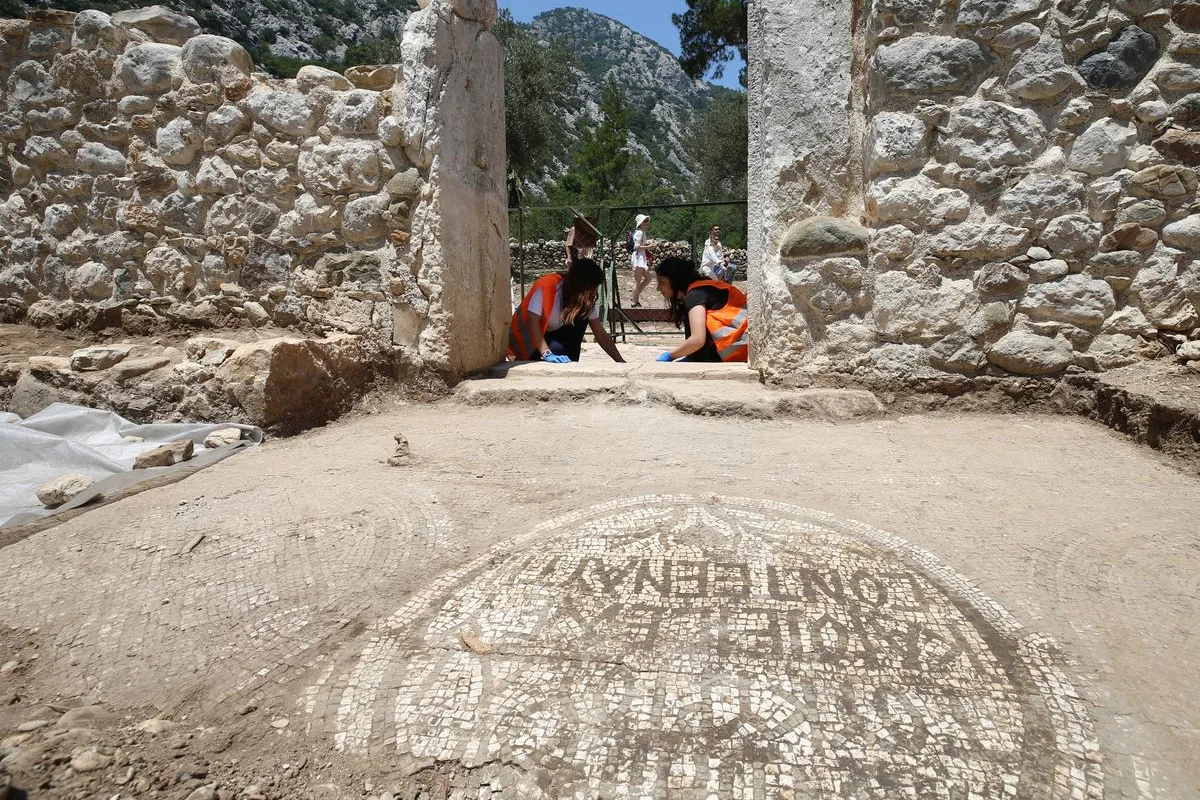The Byzantine Empire: History of Endurance and Triumph
The Byzantine Empire, also known as the Eastern Roman Empire, stood as a testament to resilience and longevity, persevering for over a thousand years after the fall of Rome. Triumphs, difficulties, and a rich cultural and historical tapestry were all part of this enduring legacy.
One of the pivotal figures in Byzantine history was Emperor Justinian, whose reign saw significant military successes and enduring legal influence that shaped the empire for centuries to come. However, Justinian also faced internal unrest, which led to riots and required extensive rebuilding efforts, including the commissioning of the iconic Church of the Holy Wisdom, or Hagia Sophia.
Following Justinian's reign, the empire encountered a period of weakening and external threats, particularly in the 700s. Despite these challenges, the Byzantine Empire managed to fend off invasions and maintain its core territories, demonstrating its resilience yet again.
The First Byzantine Iconoclasm and its consequences marked a significant chapter in the empire's history, bringing about religious controversies and shaping the cultural and artistic landscape.
The Byzantine Empire was not only a hub for trade but also a center of culture and innovation. Its silk production and conflicts with the West underscored its importance in the global economy and political dynamics.
The Macedonian Renaissance later renewed classical knowledge and supported the arts, contributing to the empire's cultural and intellectual influence.
Under Emperor Basil II's rule, the Byzantine Empire enjoyed wide-reaching control, a testament to its enduring power and influence.
However, the empire faced new threats and territorial losses after the defeat of Emperor Romanos IV, precipitating a period of struggle and recovery under leaders like Alexios I.
The Byzantine Empire's struggle for survival culminated in the face of the Ottoman expansion and the iconic siege of Constantinople, ultimately leading to the empire's fall in the early 1460s, marking the end of the Medieval Age and the end of an era for the Byzantine Empire.
Throughout its history, the Byzantine Empire exemplified endurance, triumph, and cultural richness, leaving an indelible legacy that continues to resonate in the present day.







